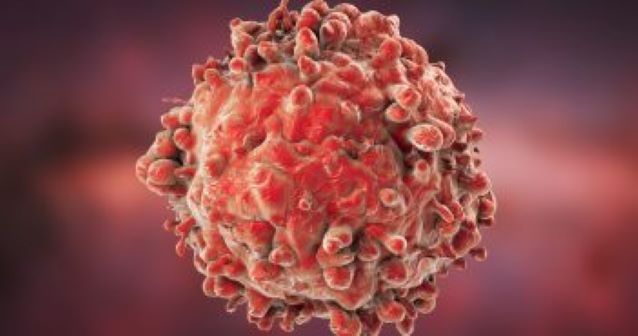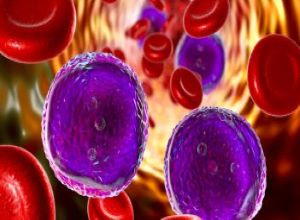|
June 2020 NEW MECHANISM FOR ONCOGENIC GENE SPLICINGFeaturing: Panagiotis Ntziachristos, PhD
Northwestern Medicine scientists have discovered a new mechanism underlying aberrant gene splicing that contributes to T-cell lymphoblastic leukemia, according to a study published in Cancer Discovery. While the contribution of genetic mutations to aberrant splicing is well-documented, a team of scientists led by Panagiotis Ntziachristos, PhD, assistant Professor of Biochemistry and Molecular Genetics and senior author of the study, found that modification of splicing factors also played a role in cancer. These findings potentially open up a new therapeutic avenue, as the findings showed that combining traditional therapies that target the effects of splicing mutations with those that block these modified splicing factors had synergistic effects. “Blocking either mechanism affected tumor growth, but the combination worked much more strongly,” said Ntziachristos, also an assistant professor of Medicine in the Division of Hematology and Oncology and a member of the Robert H. Lurie Comprehensive Cancer Center of Northwestern University. Gene splicing is a modification in which a single gene can code for multiple transcripts and ultimately multiple proteins, increasing the coding “capacity” of genes. Genetic mutations in the machinery that controls splicing can cause aberrant splicing and are linked to many cancers, including leukemia. In myeloid malignancies, patient cases that have mutations in the splicing machinery could exceed 50 percent and this can cause splicing alterations, including exon skipping, a type of aberrant splicing that can facilitate tumor growth. Patients with T-cell acute lymphoblastic leukemia (T-ALL) often exhibit increased exon skipping compared to normal tissue, but very few also have the causative splicing mutations. Searching for the source of these exon skipping phenomena, Ntziachristos and his collaborators examined post-translational regulation of splicing factors controlling those skipped exons in T-ALL cells. They found high levels of an enzyme called USP7, and they showed that USP7 upregulates splicing factor proteins. While a few splicing factors were upregulated, the scientists identified which factors were responsible for cancer-causing exon skips. They considered measures such as the levels of splicing factors in normal versus cancer cells and the correlation of these splicing factors with decreased patient survival, landing on one factor — SRSF6 — as a key operative factor. “We narrowed it down, and SRSF6 fit the bill,” Ntziachristos said. T-ALL cells with high levels of SRSF6 had increased cell growth compared to normal cells and high activity of the proteasome, a system that helps degrade and remove proteins after they are used. “We discovered, for the first time, the post-translational regulation of a splicing factor in a type of cancer, that rarely carries genetic mutations in the splicesome,” said Yalu Zhou, a bioinformatics fellow in the Ntziachristos laboratory and lead author of the study. Some current therapeutic strategies for leukemia and other cancers involve proteasome inhibitors in an attempt to slow tumor growth by clogging the cells with useless proteins, and Ntziachristos believes that combining proteasome inhibitors with splicing factor inhibitors may cover all the bases. “When we silenced SRSF6, inhibited the spliceosome activity or applied a proteasome inhibitor, the cells stopped growing over a period of three days,” Ntziachristos said. “When we used both spliceosome and proteasomal inhibitors, inhibition of cell growth was even more efficient.” In the future, Nztiachristos said he hopes to classify more splicing factors that contribute to cancer and their target transcripts, as they potentially represent a large pool of cancer-causing agents that are less explored, especially outside the context of their genetic mutations. “Our ultimate goal is to map all of these post-translational methods of splicing regulation and their cross-talk,“ Ntziachristos said. “There are other mechanisms that also contribute to cancer, and we want to find them.” The study was supported by National Cancer Institute grants R00CA188293 and R01CA248770. This article was originally published in the Feinberg School of Medicine News Center on June 17, 2020 . |
Panagiotis Ntziachristos, PhD, assistant professor of Biochemistry and Molecular Genetics, of Medicine in the Division of Hematology and Oncology, and a member of the Robert H. Lurie Comprehensive Cancer Center, was senior author of the study published in Cancer Discovery.
Refer a PatientNorthwestern Medicine welcomes the opportunity to partner with you in caring for your patients.
|
You May Also Like
|
December 2020 |
December 2020 |






